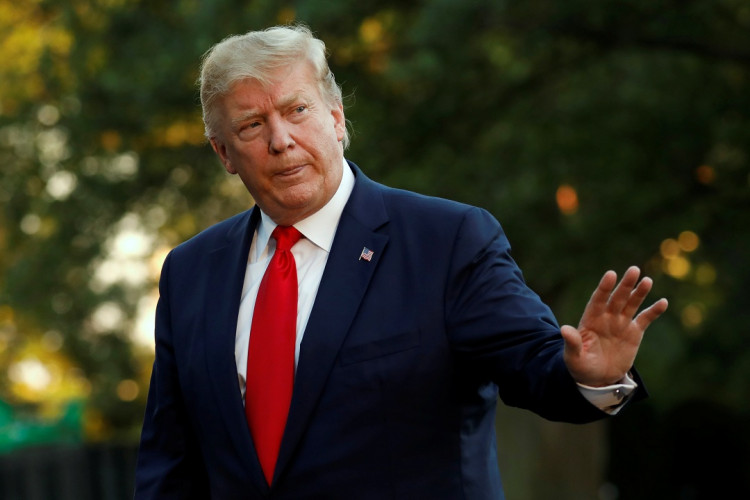After weeks of being banned from doing business with US companies, Huawei has reportedly now been allowed to resume importing components.
US President Donald Trump announced over the weekend that he was going to be allowing US companies to sell their equipment to Huawei. Trump stated that these transactions will only be allowed as long as the products being imported and exported don't pose any threats to national security.
Trump's announcement came after his highly-anticipated meeting with Chinese President Xi Jinping at the sidelines of the G2 summit in Japan over the weekend.
The leaders of the two largest economies in the world were set to discuss a possible ceasefire in their long-running trade dispute. Global markets and businesses were hoping for a possible resolution to the dispute, which had already spilled into the tech sector when the US placed Huawei in its trade blacklist.
Trade negotiations between China and the United States came to halt a few months ago when the US accused China of backtracking on its promises. In May of this year, the US Commerce Department announced that it was placing Huawei in its trade blacklist, essentially barring all US companies from conducting business with China's largest telecommunications equipment manufacturer.
The US reasoned that it saw Huawei as a national security threat with its accusations of the company being used by the Chinese government to spy on other countries. Huawei has repeatedly denied that its equipment poses any kind of security threat.
Trump explained during a speech on Saturday that the lifting of sanctions against Huawei is still being discussed and is a major part of the ongoing trade negotiations. For now, Trump has decided that he will allow US companies to continue doing business with Huawei, likely as a gesture of goodwill to China.
The US Commerce Department has yet to officially announce revisions to its standing sanctions against Huawei. White House economic adviser Larry Kudlow mentioned in an interview over the weekend that Trump's decision still came with a number of conditions, including only allowing specific transactions that do not present any national security concerns to proceed.
Kudlow explained that the Commerce Department would likely have to issue temporary licenses in the coming days to adhere to Trump's promise to China.
Huawei still heavily relies on imports from the US for the various components it uses for its smartphones and other equipment. Most of the components it uses, such as computer chips, come from US firms like Intel, Nvidia, and Micron.
It also relies on its partnership with Google for the use of the firm's Android mobile operating system. Due to its inclusion in the US' trade blacklist back in May, Google was forced to comply with the Trump administration's policies and revoked Huawei's license to use its Android operating system.





